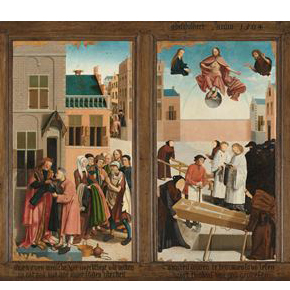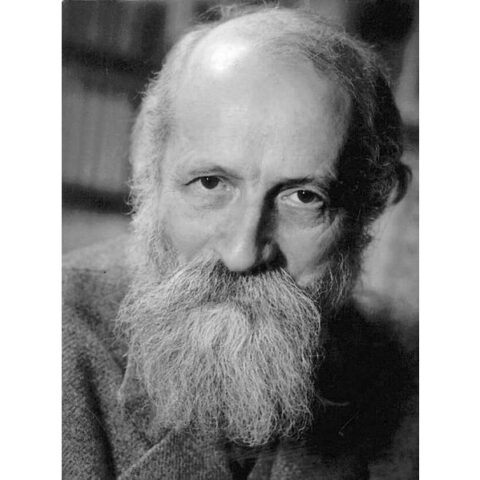by Corey Parish…
In early modern Europe most of what passed for social welfare was organized and run by confraternities, or lay brotherhoods. An extension of the Church system, membership consisted of upper-class men and women who ran the city’s hospitals, hostels, orphanages, eldercare facilities, and shelters for prostitutes and widows. They also managed the distribution of food, medicine, alms, and dowries to the poor—all in the name of Christ.…
Hanging above the mantle in Ron Dart’s living room is a large oil painting of a sea-battered coastal landscape featuring an old lighthouse nestled amongst tall, wispy, and sun-browned grass on an otherwise barren landscape. The symbol of the lighthouse is telling for how the author of thirty-plus books, including The North American High Tory Tradition and Keepers of the Flame: Canadian Red Toryism, has been influenced by the countercultural icon, Hermann Hesse.…






